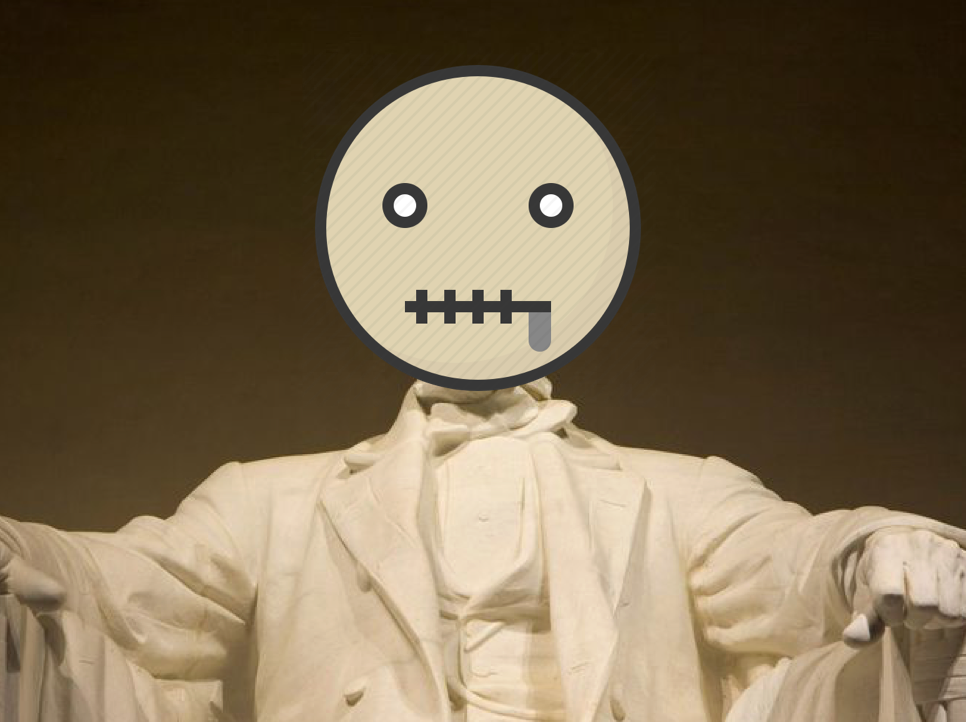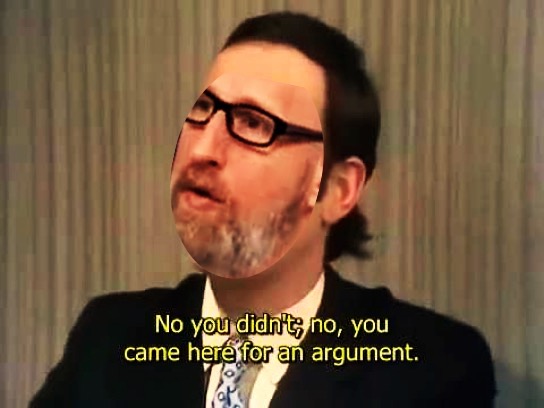Calculus of Compliance

The American Public is Havel's Greengrocer.
When Vaclav Havel wrote The Power of the Powerless in October 1978, the essay went on to become a manifesto of dissent for citizens struggling against Communist regimes in Czechoslovakia, Poland, and across the Eastern Bloc. In the essay, Havel described the behavior of ordinary citizens forced to live under what he called a “post-totalitarian” system, in which citizens “conceal the low foundations of obedience, at the same time concealing the low foundations of power.”
Havel demonstrated that how citizens act and express themselves in their everyday lives signals to the regime their level of conformity with the status quo. Even if he isn’t a card carrying communist, the grocery store manager signals his complacency in the regime’s rule by simply placing a sign in his store window that says, “Workers of the World Unite!” That the sign reveals nothing about the greengrocer’s actual beliefs is irrelevant. The significance of his action is expressed through his public display of the sign: “I the greengrocer…live here and I know what I must do. I behave in the manner expected of me.”
Current American popular culture eerily demands the same behavior of ordinary Americans as Havel’s hypothetical greengrocer. Whether you’re putting on a face mask before entering a grocery store or stringing up a pride flag for the month of June, Americans are signaling their conformity to the whims of the ruling class. Whether they’re actually an ally or think masks are effective is irrelevant. Like Havel’s greengrocer, all that matters is their desire to show that they’re team players. The only difference is that it is the retaliation of social media mobs rather than NKVD agents that citizens fear now.
Take for instance the Tampa Bay Rays players who declined to display rainbow-colored logos on their uniforms. Across the media from ESPN to USA Today, the players were slandered as bigots. Rays pitcher Jason Adam attempted to defend himself by explaining that his decision stemmed from his Christian faith and didn’t change the fact that he loved everyone. In Jason Adam’s reality, people can coexist on teams at the highest level of baseball despite having different beliefs. Unfortunately for him, Havel demonstrates that it is the world of appearances which defines reality.
There are small differences between insistent Pride Month signaling and the inhabitants of a post-totalitarian system signaling their obedience—though of course the consequences of dissent are quite different. The thousands of citizens in Communist Czechoslovakia putting up signs in their windows made up the panorama of their reality, just as the Pride flag lined streets of America make up ours. The system requires everyone to live within the lie and accept their life with it and in it. Indifference to Pride displays is merely an illusion: by displaying the rainbow each citizen compels the other to accept the rules of the game and to confirm thereby the power that requires Pride displays in the first place.
By displaying the rainbow-colored logo on their uniforms, MLB players are participating in the very system that goes after wrong-thinkers like Jason Adam. For the post-totalitarian system to work, Adam doesn’t have to be a genuine ally, but he must behave like he is. By refusing to adorn the Pride flag on his uniform, Adam was effectively signaling his opposition to becoming part of the post-totalitarian system.
Accordingly, this subtle game of power politics goes both ways. Ordinary citizens can fight back against this system by crowding the public square with opposing and nuanced views. By simply speaking one’s mind against the illusion of consensus behind new “norms” or cultural movements, individuals can contribute to the erosion of our own post-totalitarian illusion and break free of the system of control.
The American Mind presents a range of perspectives. Views are writers’ own and do not necessarily represent those of The Claremont Institute.
The American Mind is a publication of the Claremont Institute, a non-profit 501(c)(3) organization, dedicated to restoring the principles of the American Founding to their rightful, preeminent authority in our national life. Interested in supporting our work? Gifts to the Claremont Institute are tax-deductible.
Behind the rhetoric of equality and justice lies an ideology of inequality and scapegoating.
A new political vocabulary is needed for a world itself quite new.






